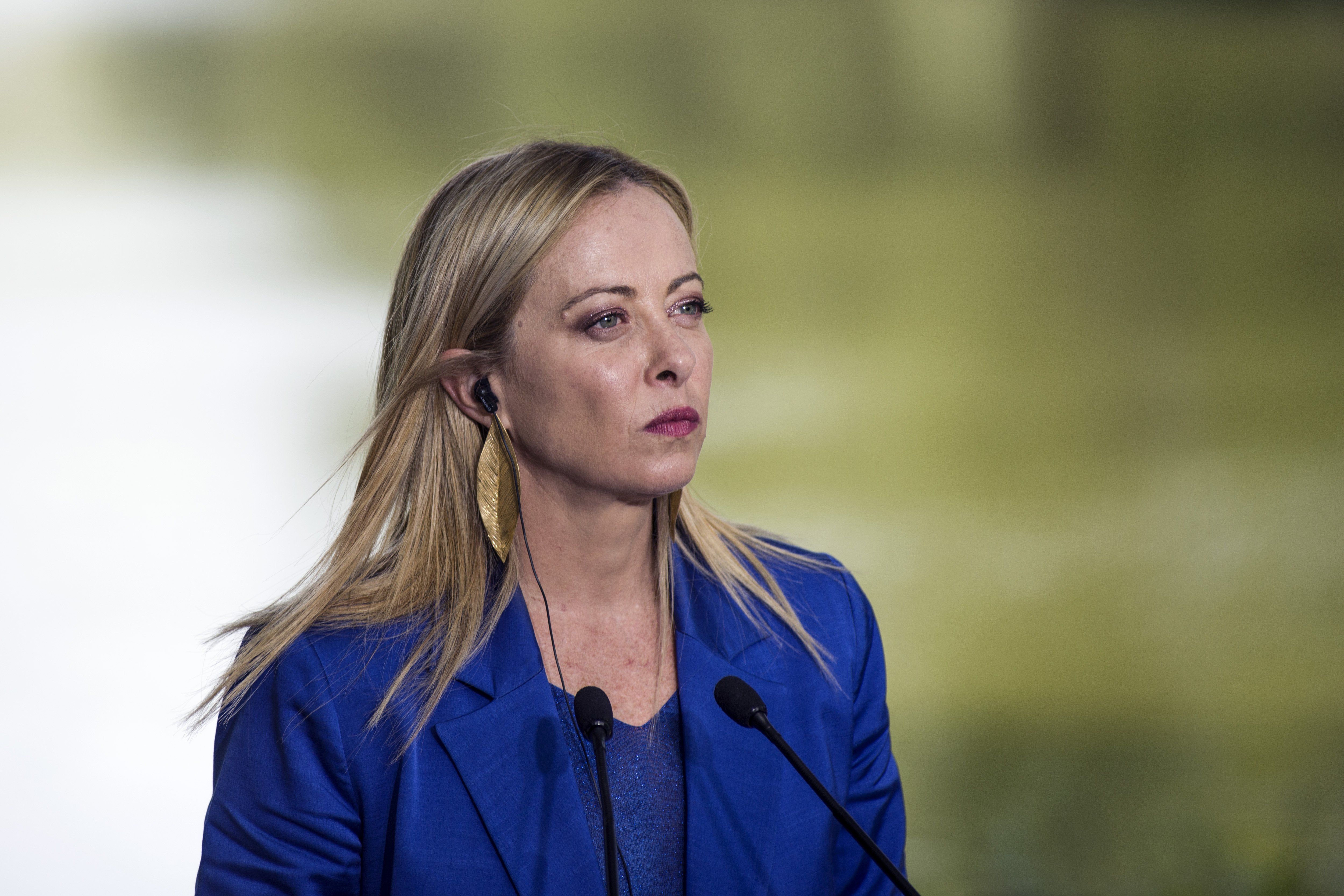US President Joe Biden and Italian Prime Minister Giorgia Meloni will have plenty to discuss when they meet at the White House on Thursday, but no topic will be more important to both sides than Italy’s complex relationship with China.
In particular, Italy faces a looming deadline in which to decide its future as a member of the Belt and Road Initiative, China’s enormous infrastructure investment plan. Meloni is reportedly considering an exit from BRI by the end of this year, since the program has offered less of value than Italy hoped when it joined in 2019 – and because Italy is part of the broader Western discussion on reducing risks related to ties with China.
Biden and Meloni will likely discuss China broadly – each leader is curious to sound the other out on their latest thinking on relations with Beijing – but it’s unclear whether Meloni will make a final announcement on Italy’s BRI membership.
China, meanwhile, is watching closely, and its state media has signaled that Italy’s BRI membership is none of Biden’s business and that a Meloni decision to renounce Italy’s membership could come with (unspecified) repercussions.